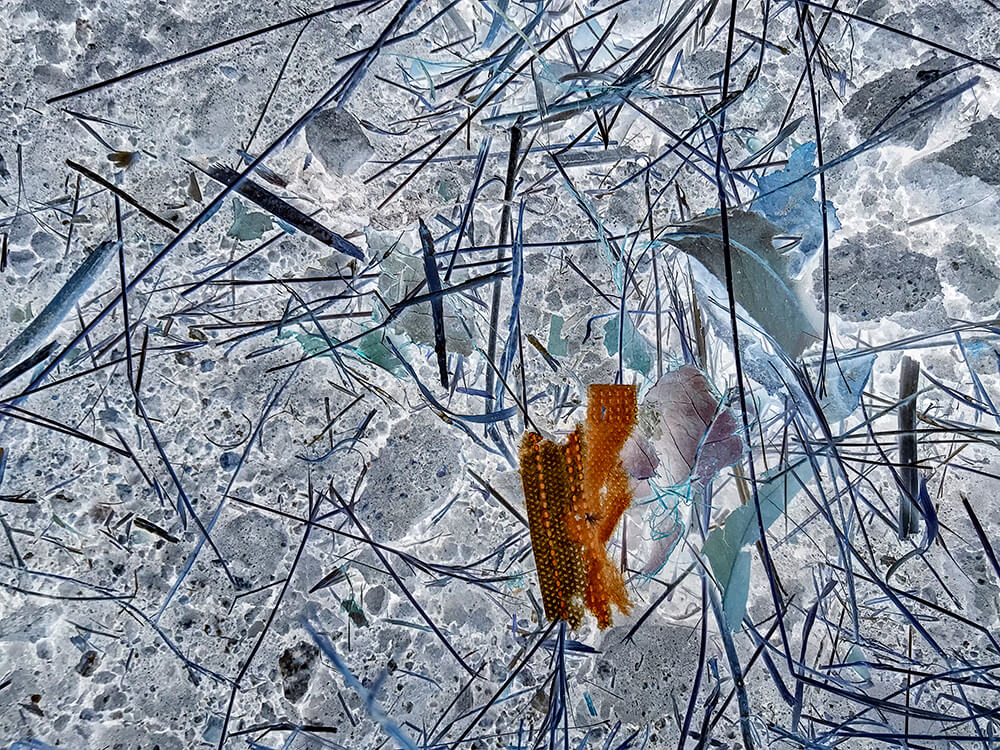How We Make It: Imagining Disability Justice After Covid’s Long Haul
Megan Moodie
Anthropology and Feminist Studies
UC Santa Cruz
Participants
Charles Briggs
Anthropology
UC Berkeley
Sharon Daniel
Film and Digital
UC Santa Cruz
Pato Hebert
Art & Public Policy
New York University
Tammy Ho
Gender and Sexuality Studies
UC Riverside
Alexandra Juhasz
Brooklyn College
The City University of New York
Rachel Lee
English and Gender Studies
UC Los Angeles
Cynthia Ling Lee
Performance, Play & Design
UC Santa Cruz
Marina Peterson
Anthropology
The University of Texas at Austin
Nikita Simpson
Anthropology
London School of Economics
Building on a two-year Humanities Institute research cluster dedicated to the study of the body and creative research practice, “How We Make It” is a hybrid-residential think tank devoted to archiving and analyzing the social life of Covid, particularly as it takes shape in the lives of those Covid patients who have come to be known as “long haulers” – those whose symptoms do not depart with the acute viral infection. Comprised of scholar-artists from disability studies, medical anthropology, documentary film, digital media, performance studies, and intersectional feminist studies, participants will undertake two simultaneous activities: first, working on ongoing individual projects related to Long Covid, such as how this new chronic illness community is changing medical activism or how research-creation approaches from dance, sound studies, and film bring an important perspective to bear on the pandemic’s long haul; and second, creating and analyzing an online archive that brings together ethnographic research, journalistic reportage, scientific output, patient group conversations, media representations, and other forms of cultural output and interaction related to Covid-19 long haulers.
Photo: Pato Hebert, “Untitled” from the Lingering series, 2020-21.

